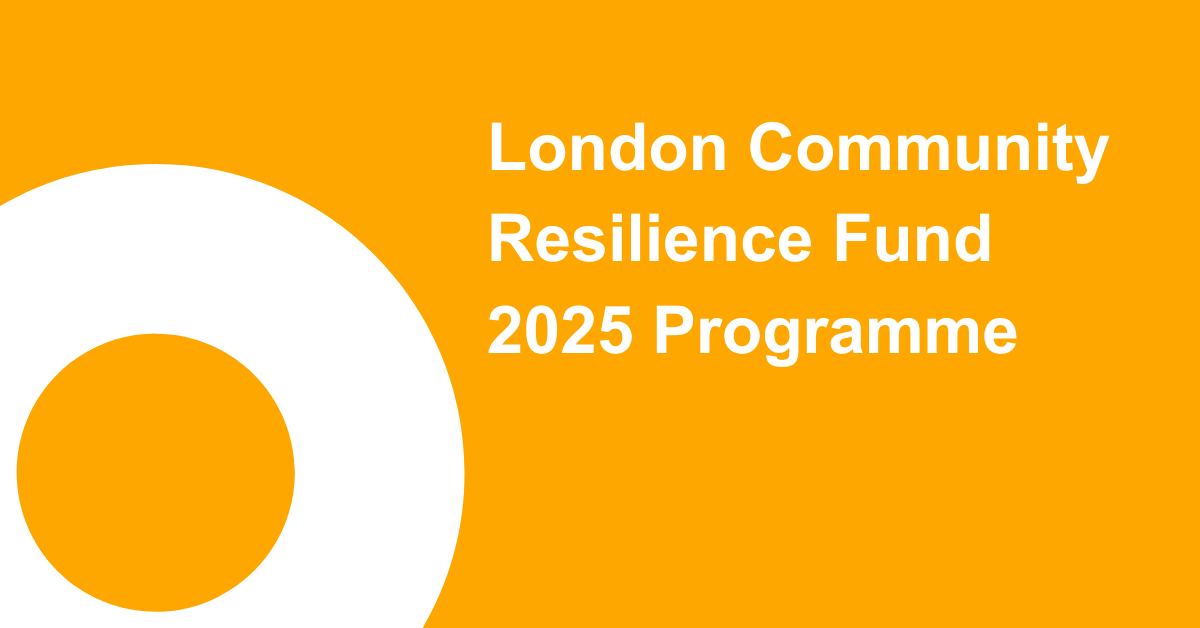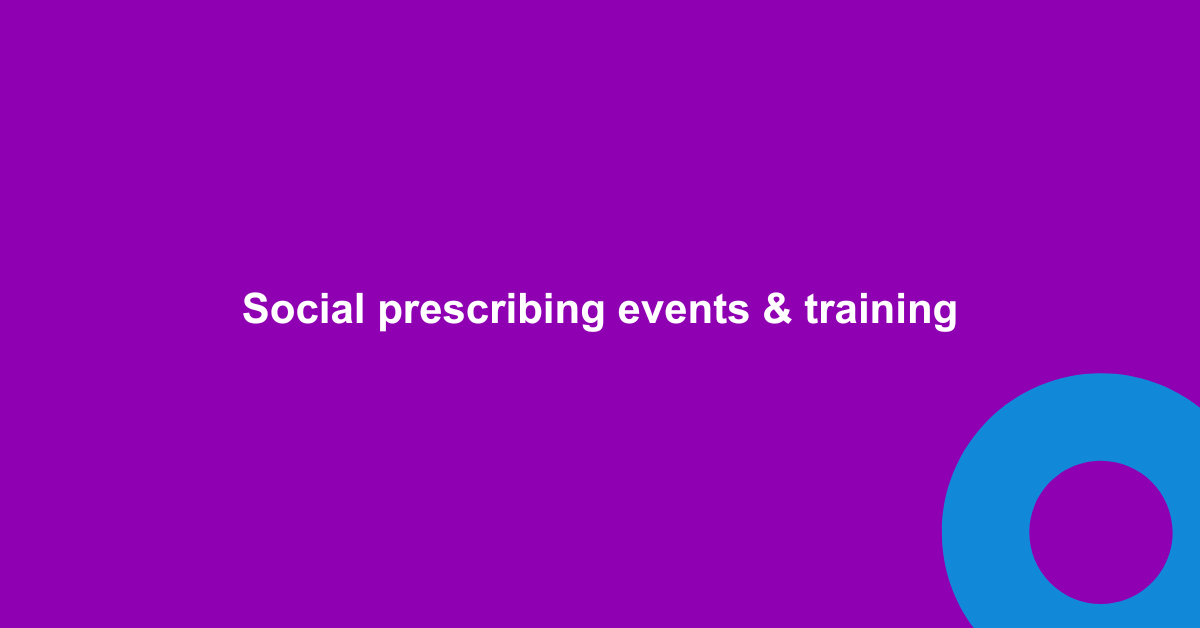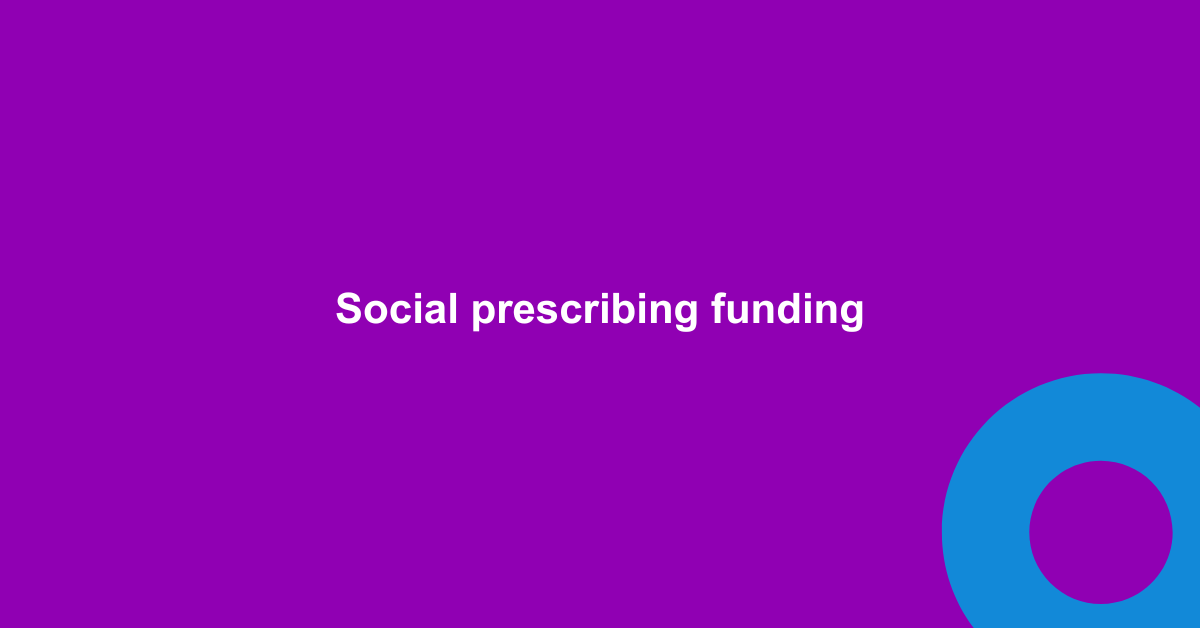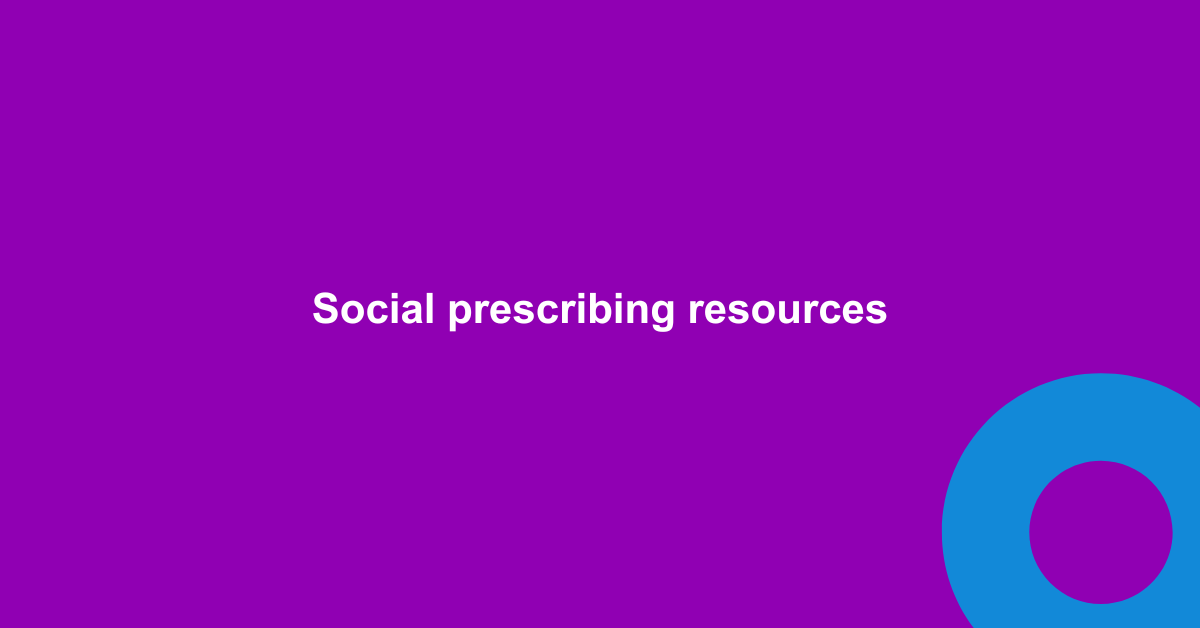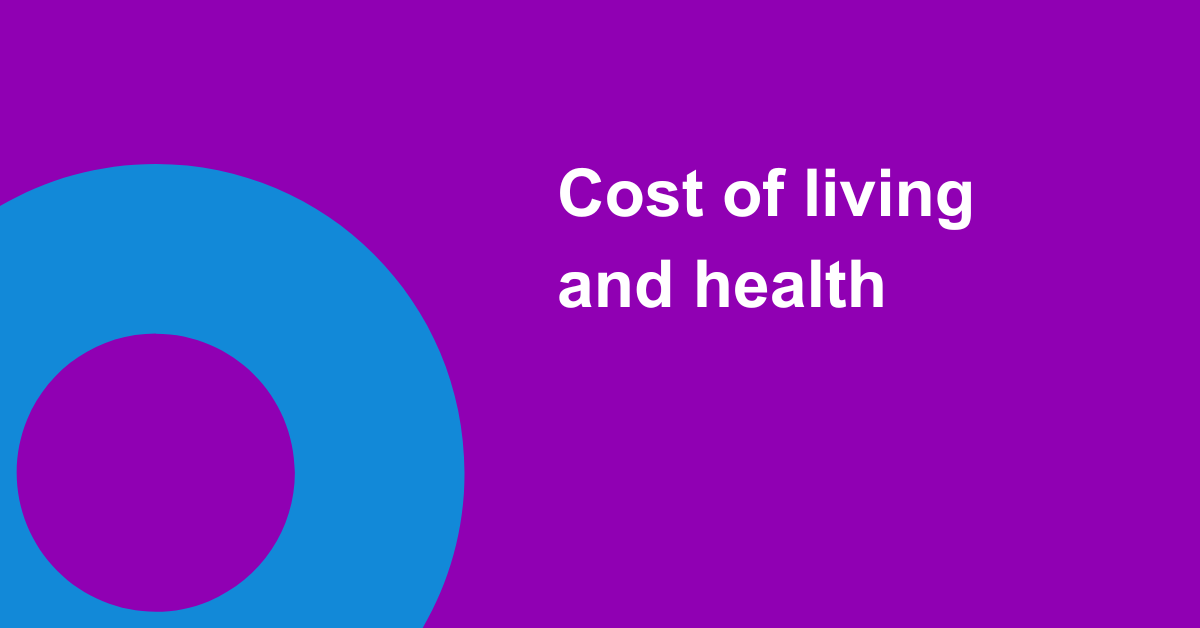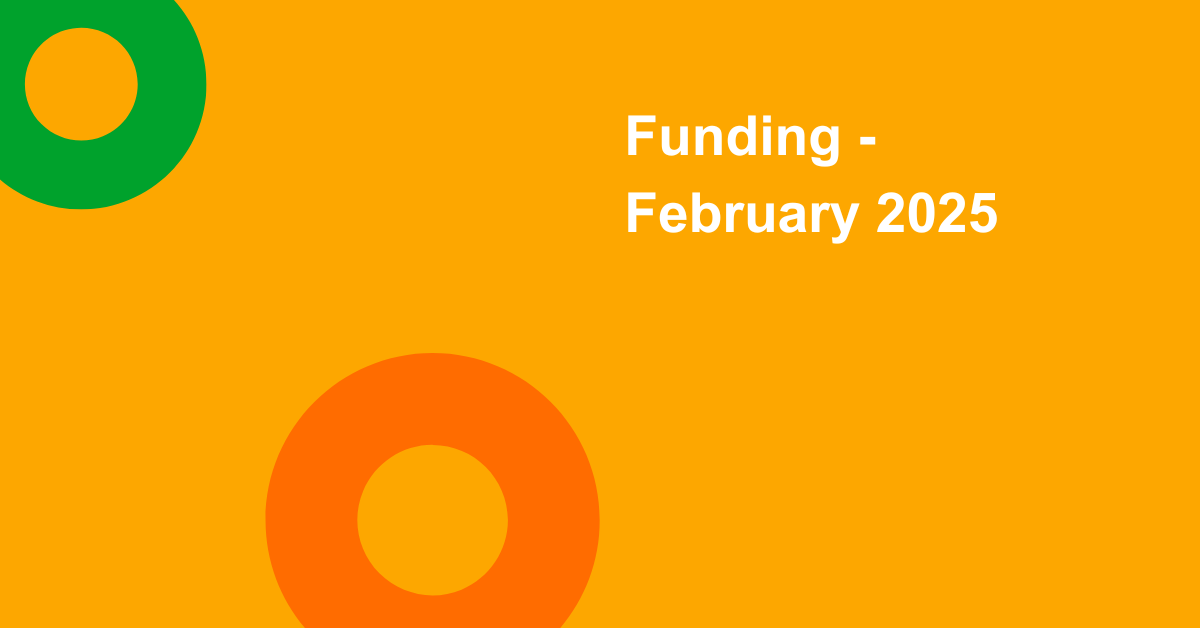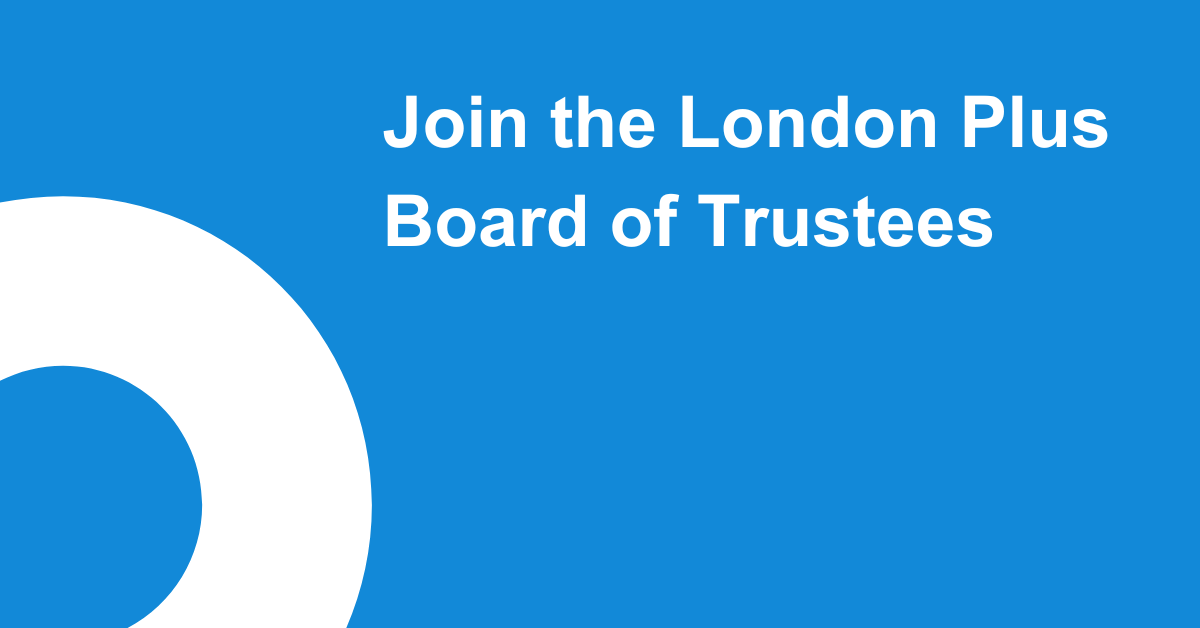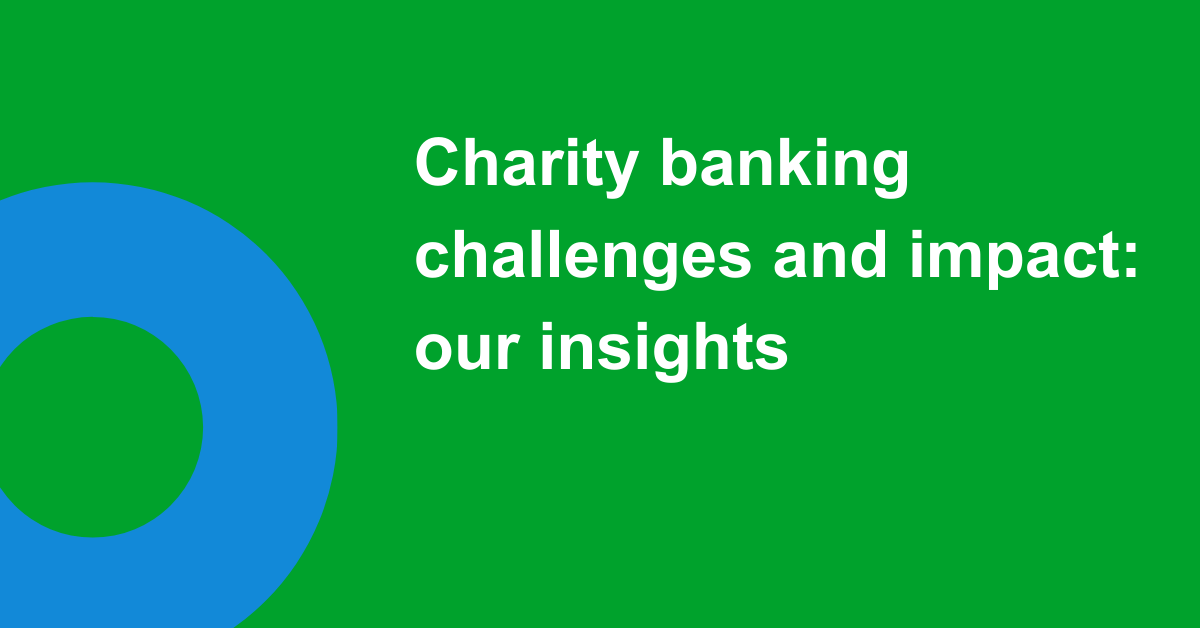Palace for Life Foundation: A Social Prescribing Story
EnRico from Palace for Life Foundation in Croydon discusses the organisation’s social prescribing referral process. This includes the barriers that they face and the benefits of being based in the voluntary sector.
This is the first case study in our ‘Linked In: Link Workers in the voluntary sector’ series. See our first blog with One Westminster here.

We are the charity of Crystal Palace Football Club in Croydon. Much of our work follows a social prescribing approach. Ultimately, we aim to improve the lives of people in south London. We have a wide range of programmes that centre on health & wellbeing targeted interventions for at-risk youths. This includes education training, employability support, social inclusion & community engagement programmes, and disability sport.
I spend a lot of time raising awareness among service users and community organisations about Palace For Life. Having links into the community helps direct referrals to us, but also identifies the best avenues for further signposting. Therefore, if we cannot directly support a referral, we can then further direct them to other sources of support. This is a great feature about referring into our charity.
Referrals: How does it work?
Recently, we have started streamlining our social prescribing referrals using a referral process system. This helps us to monitor and delegate referrals efficiently. First, an organisation fills in our online form to make a referral. This can include health services, carers, and other community and voluntary organisations. Following this, one of our officers contacts the specified client within a week.
A conversation follows which explores the client’s needs to assess how suitable our programmes are for them. Ideally, this would result in their enrolment into one of our programmes. Since launching this system, we have received over 150 referrals. This indicates a clear need in the area for non-clinical support in the south London community.
Barriers to Social Prescribing

Firstly, one barrier is that many people are unaware of how many programmes we offer at Palace For Life. There is more to our organisation than just football or sport, despite being backed by a football club. Often, when speaking to local people and community organisations, they are surprised by the variety of our services.
Secondly, another barrier can include contact with service users. Sometimes, the frequency and likelihood of a service user returning your call or email are sporadic. A key factor is to ensure that the referrer to our organisation has previously spoken with the service user. Therefore, they are aware of what our organisation does and that we will be contacting them.
Thirdly, capacity has been an issue for us, due to the effect of the global pandemic on mental health. Currently, there is high demand for activities to support young people’s mental health, such as mentoring. As a result, this has created a waitlist for some of our targeted intervention programmes.
Reflections: The importance of being based in the voluntary sector

Unlike a Primary Care Network (PCN), we are embedded in the voluntary sector already. Arguably, it would prove difficult if we were like other link workers that are attached to a PCN, or GP surgery. If this were the case, it is likely that other voluntary sector organisations would be unaware of our work.
As a voluntary sector organisation, we are invited to attend events in the community. Attending these events has been critical to gaining special insight into communities first-hand. This is because they can serve as steering groups and provide vital information. Additionally, they help to promote our work, as well as improve our response to issues in the community.
For example, Croydon Voluntary Action started a great networking series for social prescribers in Croydon. By attending, I could set up referrals to our free one-to-one personal training programme; Stay Active at Selhurst. The programme aims to empower people with long-term health conditions. This is through supporting the management of their condition and their comfort with regular physical activity.
This is the first case study in our ‘Linked In: Link Workers in the voluntary sector’ series. See our first blog with One Westminster here.
Additionally, see our social prescribing resources page for advice, guides and organisations taking self-referrals.
Back to Social Prescribing Homepage

